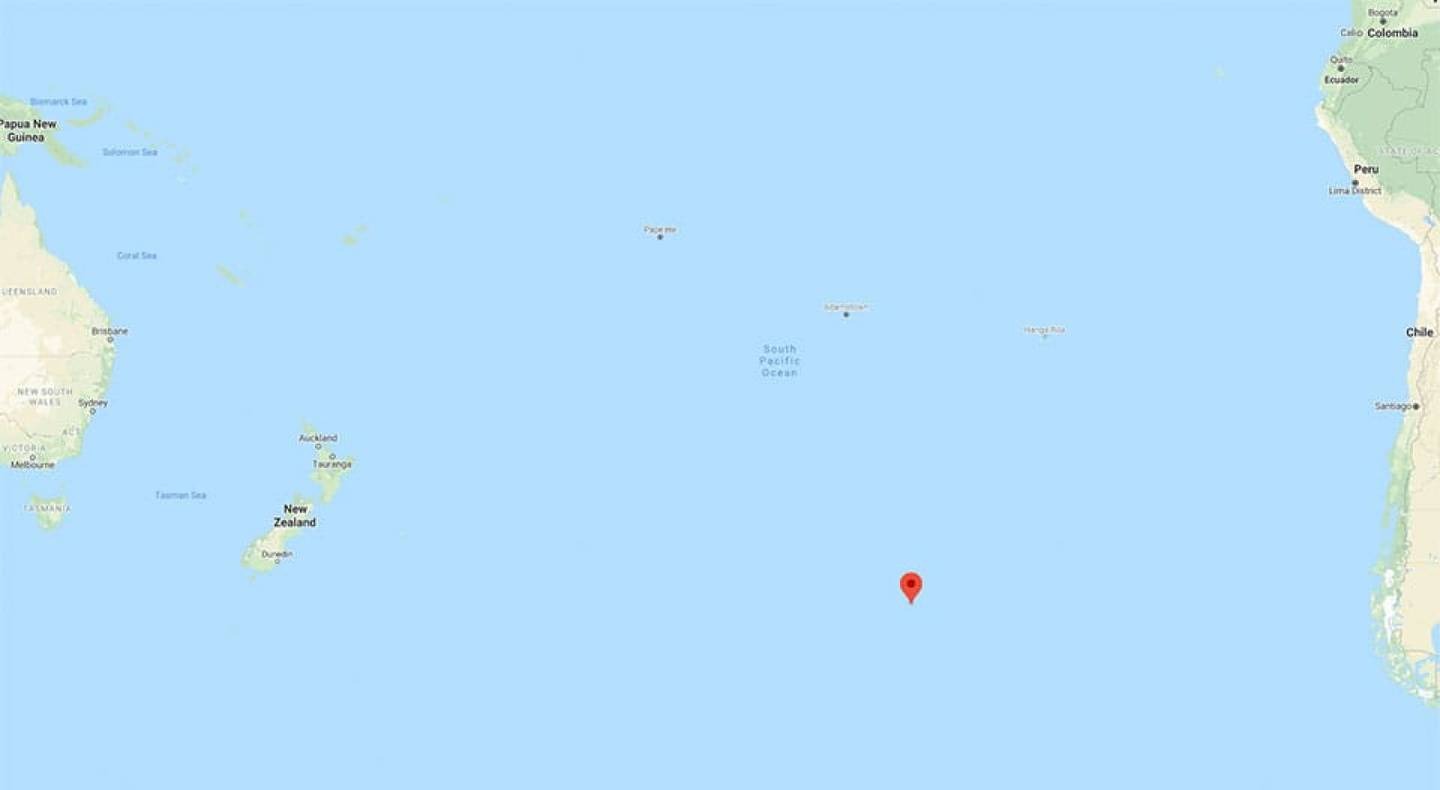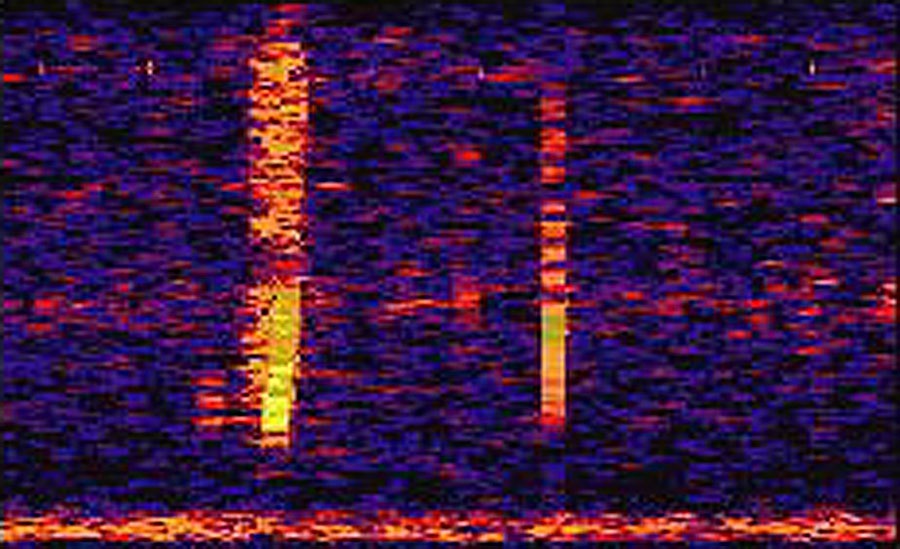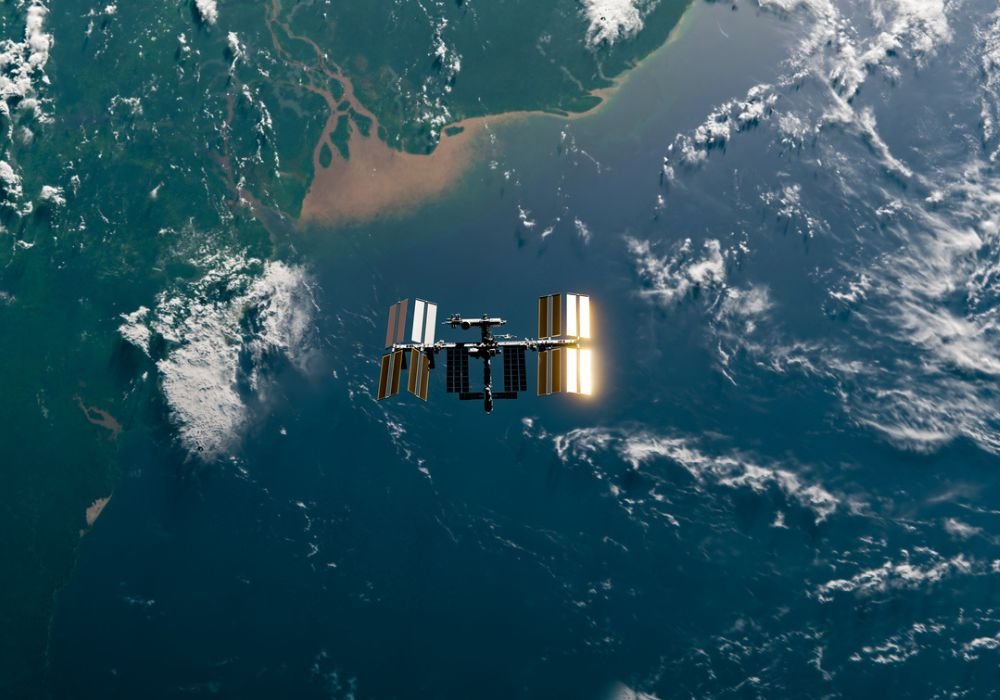The most remote place in the world Point Nemo is a mystery located in the South Pacific OceanIt is approximately 2,688 kilometers from Antarctica and is surrounded by small oceanic islands such as Ducie, Pitcairns, Motu Nui and Maher.
Also known as the Pacific Pole of Inaccessibility, the Latin name for this pole means “no one.” Its specific coordinates are 48°52.6’S 123°23.6’W. These figures place him at the extreme end of loneliness. where people rarely take risks. So what is so mysterious and dangerous in this remote part of the Earth? That’s what you’ll discover next!
5 things you need to know about Nemo’s Spot
The loneliest place in the world
Ponto Nemo’s insulation is incomparable. This 2,688-kilometer wilderness area covers 22 million square kilometers. About 35 times the size of France.
Its nearest neighbor, Easter Island, is more than 3,090 kilometers away, while the nearest permanent settlement is only 415 kilometers away, the orbital path of the International Space Station, which orbits it several times a day.
spaceship graveyard
Its extraordinary isolation serves a unique purpose within the international space community. He was appointed as spaceship graveyard.
Space debris, including defunct satellites and spacecraft, is being diverted for re-entry into the Earth’s atmosphere around Point Nemo. This strategy allows these objects to be disposed of safely during ocean diving, reducing the risk to populated areas.
Twenty Thousand Leagues Under the Sea
In 1992, Croatian-Canadian engineer Hrvoje Lukatela made history by discovering Point Nemo. He used an advanced computer simulation to locate the inaccessible mast in the sea, earning him the honor of naming it.
Ponto Nemo is a tribute to Captain NemoCharacter in Jules Verne’s novel “Twenty Thousand Leagues Under the Sea”.

Lifeless and dirty waters
Point Nemo’s solitude extends beneath the waves. It is located in the South Pacific Gyre, an ocean current that keeps out nutrient-rich waters.
Nutrient runoff from coastal areas rarely reaches this isolated region, resulting in an arid marine area. Researchers found bacteria and small crabs only in volcanic crevices around the seafloor.
Even so, pollution left its mark. Seawater samples collected near Point Nemo in 2018 Revealed up to 26 microplastic particles per cubic metre, indicating persistent reach of human impact.

The mystery of “Bloop”
In 1997, a strange sound later dubbed a “bloop” echoed near Point Nemo, confusing researchers. Scientists suggested that Could be the call of an unidentified sea creature.
The mystery was solved in 2005 when the sound was attributed to non-tectonic ice tremors caused by glacial movements in Antarctica.
Point Nemo remains an example of human ingenuity, our cosmic curiosity, and the deep mysteries our planet is still trying to unravel; This makes it an enigma both in terms of its isolation and the wonders it offers.
Did you like the content? Stay up to date with more curiosities like this on TecMundo and take the opportunity to learn about Earth’s fifth ocean.
Source: Tec Mundo
I’m Blaine Morgan, an experienced journalist and writer with over 8 years of experience in the tech industry. My expertise lies in writing about technology news and trends, covering everything from cutting-edge gadgets to emerging software developments. I’ve written for several leading publications including Gadget Onus where I am an author.













